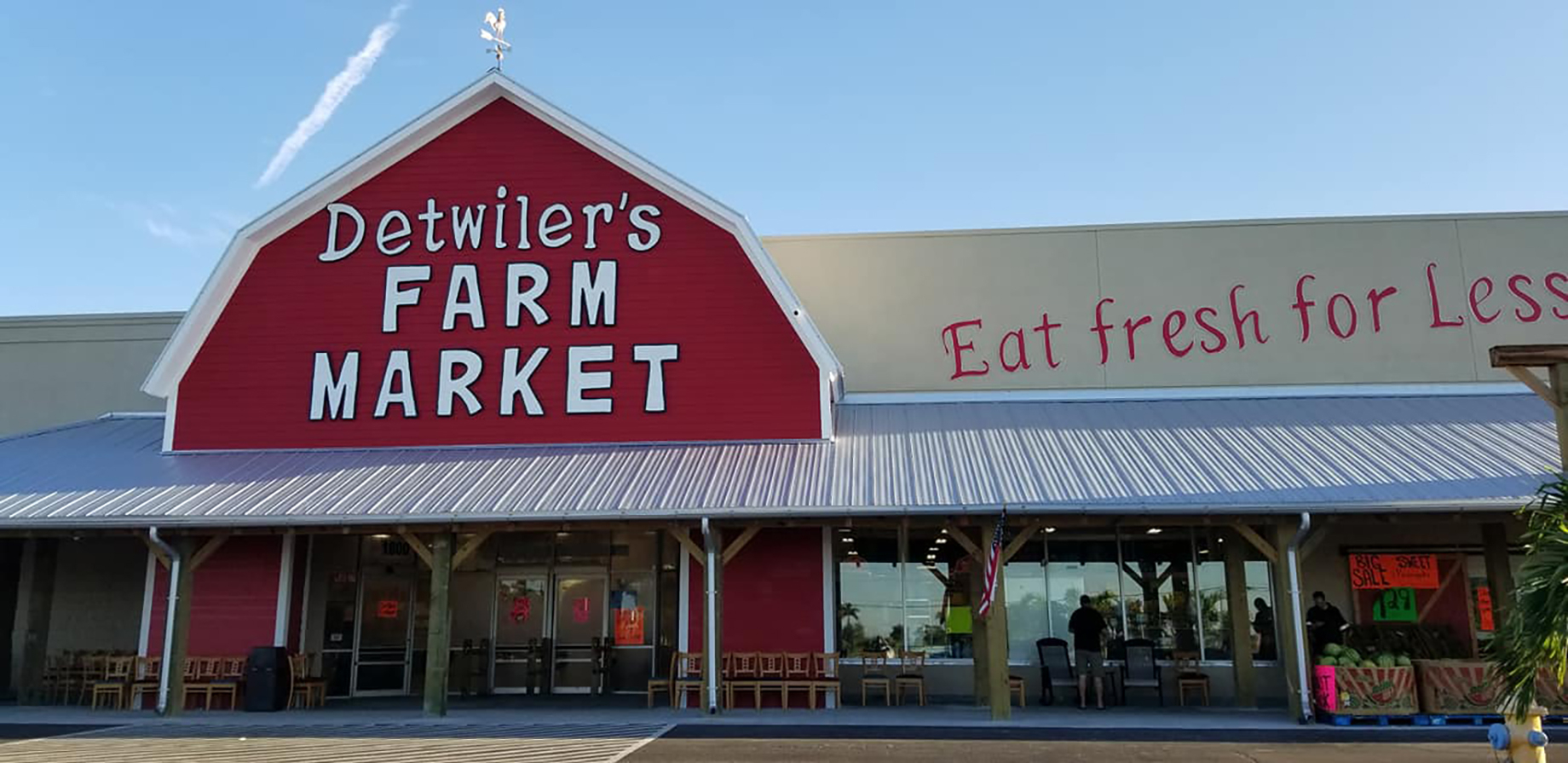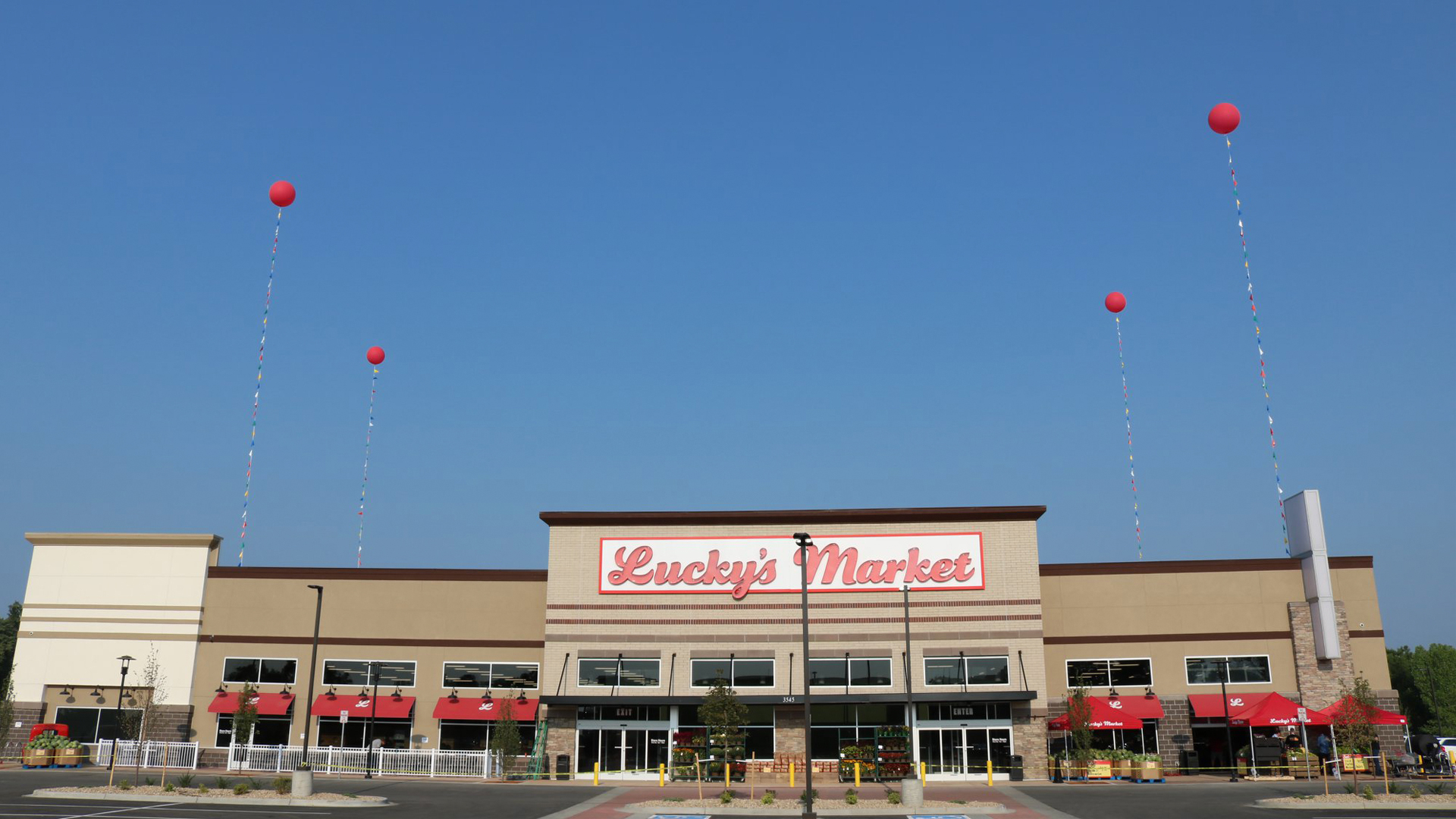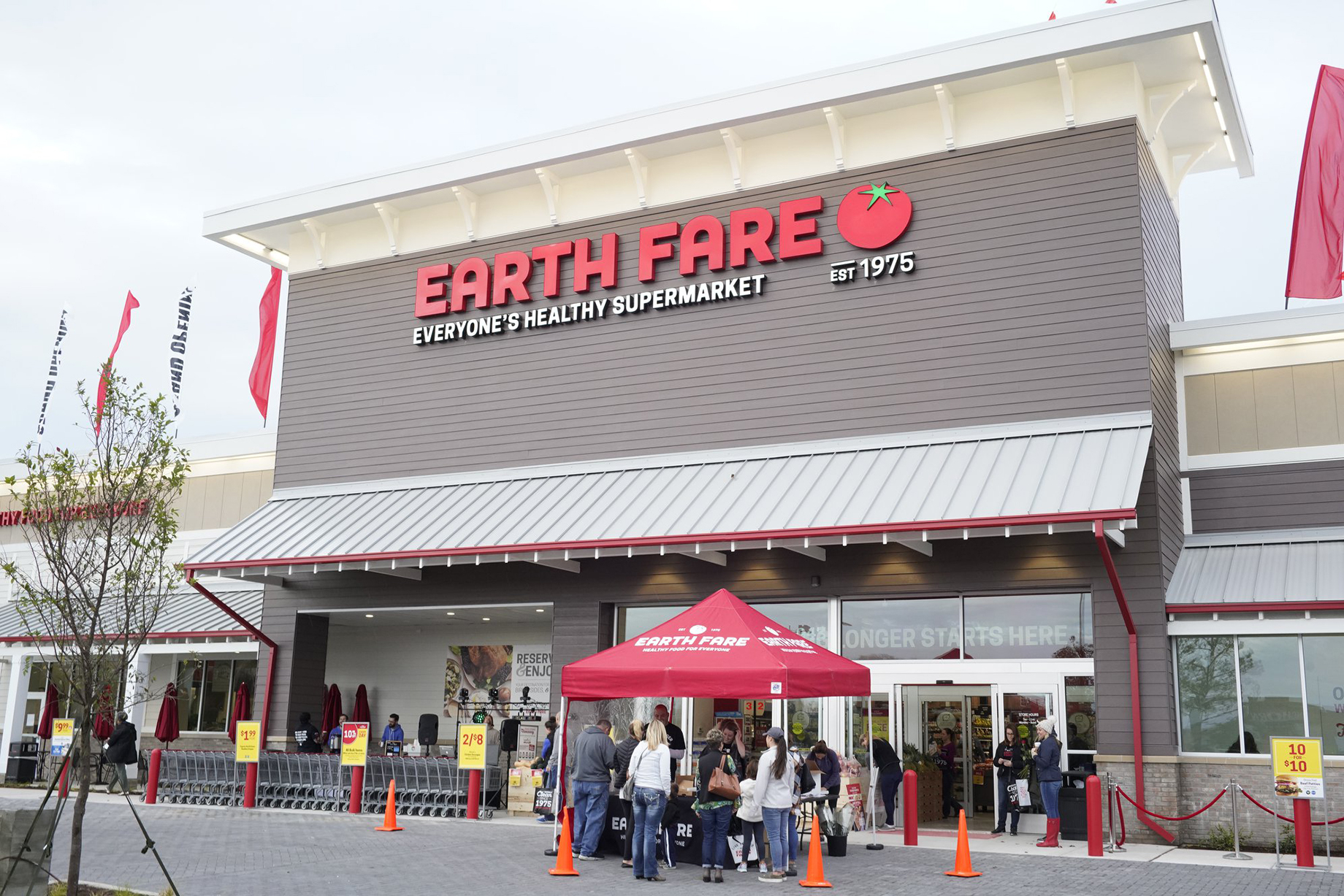Just as healthy eating can help extend a person’s life, an overall interest in the practice seems to be helping prolong retail life in southwest Florida to a degree. Over the past year or two, with so many traditional retailers shutting their doors, grocery stores that sell wholesome foods and natural and health care items are cropping up in the Sarasota-Bradenton area.

“It’s the biggest retail story here today,” said Bradenton-based Stan Rutstein, who buys, sells and develops properties for the commercial side of ReMax Alliance Group. “The market is growing exponentially as tastes for healthy, fresh food soar.” Rutstein cites several new and expanding brands in this region and nearby areas, among them Detwiler’s Farm Market, Earth Fare, Lucky’s Market, Sprouts Farmers Market and Amazon.com’s Whole Foods. “It proves that the consumer’s whole modus operandi has changed,” he said. “They are willing to drive extra miles for fresh foods.”
This trend — spurred by the Millennials but now embraced also by boomers, who no longer typically need plan household menus around young children — is a boon to developers and brokers. “It’s very exciting for us,” said Paul Rutledge, a senior vice president at JLL. The newest grocery stores tend to be flexible when it comes to finding spaces, which gives developers more options in providing solutions, he says. These expanding brands tend to operate in smaller stores than the typical 50,000 square feet of traditional supermarkets. And yet there is variety and diversity: Some are leasing large abandoned spaces or at least parts of them, while others are investing in ground leases, and still others are purchasing land or existing properties outright, Rutledge notes.
Exactly what defines wholesome and healthy is a matter of some dispute. Earth Fare, on the one hand, says all its foods are organic: free of high-fructose corn syrup, artificial ingredients, bleached flower, antibiotics, growth hormones and the like. The Asheville, N.C., chain opened a 23,500-square-foot last January at Bradenton’s 525,000-square-foot mixed-use development at the Green at Lakewood Ranch. Whole Foods, on the other hand, which opened a 40,000-square-foot store in Sarasota this year, presents an organic image, even if its items may not equal the stringency of an Earth Fare.

Detwiler’s, which has evolved from a single family-owned, roadside farm business into four stores across Sarasota and Manatee counties, emphasizes locally grown produce. This attracts the farm-to-table crowd and people seeking fresh, reasonably priced meals. Detwiler’s has the look and feel of an outdoor market inside a covered store. Its stores typically measure about 30,000 square feet, but the latest Detwiler’s is a 50,000-square-foot store that opened in Palmetto, Fla., in July.
Lucky’s took over space in the former Dillard’s box at Westfield Siesta Key, in Sarasota, last October. Another Lucky’s is planned for Bradenton, where the company will demolish an old Albertsons store. Meanwhile, a Lucky’s opened in St. Petersburg in June, and others are being planned for Cape Coral, Port Charlotte and Venice.
The Lucky’s format usually encompasses 30,000 square feet and features a prepared-foods section, a juice bar, a café and a sushi bar. These stores also include an area where shoppers can make their own body scrubs or essential oils. Lucky’s, which is in a strategic partnership with Kroger, likes to identify itself online as a “populist” store with comparatively low prices. “An average family with two children, say, can go in and buy innovative prepared foods at reasonable prices,” said Rutledge.
“There are many people in Florida who like our concept of healthy eating, healthy lifestyles and finding good food at great prices,” said Lucky’s spokeswoman Krista Torvik.

Earth Fare, too, is scoping out additional space in the region, citing the success of its first South Florida store, which opened in May, and others in the state. Earth Fare spokeswoman Laurie Aker says the brand is looking to add to the near dozen stores it now operates in Florida. “We are continuing to invest in the Sunshine State,” Aker said.
Another new entrant in the region is Sprouts, which opened a 26,000-square-foot space in Sarasota last year — its second store in Florida. Sprouts likes to bill itself as an affordable alternative to Whole Foods with the freshness of a traditional market.
Lakeland–based Publix is Florida’s supermarket leader, by some observer’s lights. “It’s the trunk of the tree,” said Rutstein. “Their ability to merchandise is second to none. It is the largest, most skilled operation, and it is still growing.” One of the brand’s greatest strengths, he argues, is its ability to keep modifying the merchandise mix to suit changing consumer tastes.
“ Winn-Dixie’s Jacksonville, Fla., parent, Southeastern Grocers, said that it will close nearly 100 underperforming stores in the state. ”
Meanwhile, no-frills Aldi is attracting fans here. Its first store in Bradenton recently underwent a monthlong renovation, part of that German-owned chain’s announced $5 billion plan to redevelop spaces internationally. Aldi also has stores in Manatee County and in Nokomis, south of Venice. The chain, which promotes its comparatively cheap prices, reports that its international sales soared by some 60 percent between 2013 and early 2017.
Other chains must struggle a bit. Winn-Dixie’s Jacksonville, Fla., parent, Southeastern Grocers, said that it will close nearly 100 underperforming stores in the state. Recognizing the advantage that niche players enjoy, however, the company is now experimenting in Southeast Florida with some Fresco y Más stores, a banner that waves for Hispanic shoppers. But this will take some doing, even so, observers say. “That’s a tough market,” said Rutledge. Hispanic-field competitors Bravo and Sedano’s supermarkets, he points out, boast strong representation in Florida. “You have to be on your game to beat them.”
In any case, even the most upbeat of merchants offering the healthiest of fare will face trial if they fail to figure out the right products, price and presentation, argues Rutstein. Fresh Market, for one, an upscale grocery chain based in North Carolina, said earlier this year that it would shutter 15 stores nationally, though its Sarasota store is to remain open. This is something of a retrenchment for what was considered one of the fastest-growing chains. “What that means is, a specialty retailer has to get better at staying on trend,” said Fresh Market CEO Larry Appel at the time of the closure announcement. “There has to be a reason to come to a specialty store, right?”
Indeed there has to be, some concur. “The single most important factor is the shopping experience,” said Rutstein. “Customers should walk out with a smile and a feeling that they enjoyed their time in the store.”
By Beth Karlin
Contributor, Shopping Centers Today


